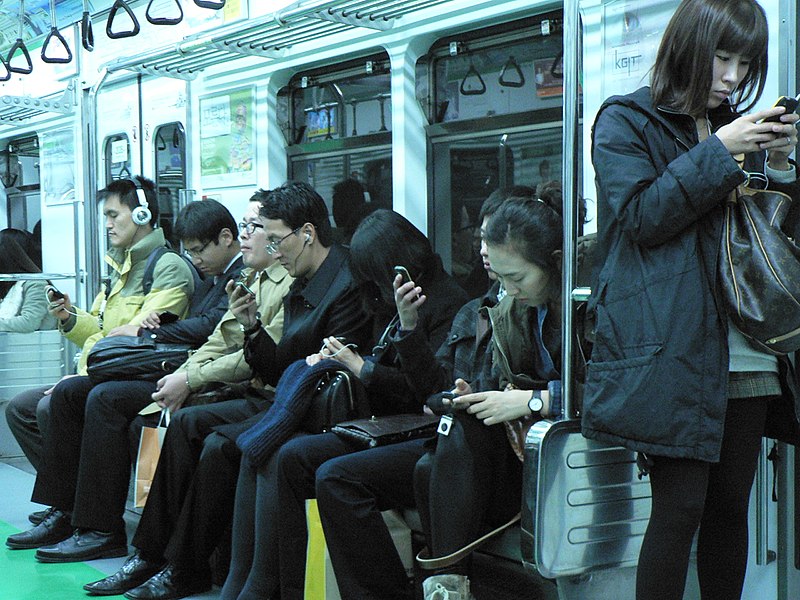Although the word “smartphone” usually conjures up the image of a bratty teenager glued to her Instagram, it seems that creative scientists at Stanford University have recently managed to harness the power of the smartphone to gain novel insights into the public health risks for obesity.
The study, published in Nature, found that obesity tends to be more prevalent in countries where there is a large gap in daily steps between the people that walk the most, known as “activity-rich,” and the people that walk the least, referred to as “activity-poor.” The scientists dubbed this gap in steps “activity inequality.” According to the project website, “individuals in the five countries with highest activity inequality are 196% more likely to be obese than individuals from the 5 countries with lowest activity inequality.”
The researchers used the Azumio Argus smartphone app to track the steps of over 717,000 people in 111 countries, for approximately 95 days. According to Stanford News, the app provided health demographics such as age, gender, height, and weight. This not only allowed the scientists to calculate each participant’s BMI, but also helped them gain insights into the gender step gap.
A woman checking her activity tracker.
Image Source: Betsie Van der Meer
“When activity inequality is greatest, women’s activity is reduced much more dramatically than men’s activity, and thus the negative connections to obesity can affect women more greatly,” said Jure Leskovec, one of the lead researchers.
It was also discovered that certain aspects of each city’s built environment contributes to activity inequality. A previous study determined how “walkable” 69 U.S. cities are by looking at how easy it was to walk to various locations, and then correlated the walkability scores to the average daily steps of each city’s inhabitants; the data showed that cities with higher walkability scores have lower activity inequality.
“In cities that are more walkable, everyone tends to take more daily steps, whether male or female, young or old, healthy weight or obese,” said team member Jennifer Hicks.
According to researcher Abby King, the team is excited to use apps and sensors to grow the research in new directions.
“We could better link activity within and across populations with food intake, or examine the ways activity and inactivity may affect stress or mental health, as well as investigating how best to fine-tune our environments to promote increased activity,” said King.
Not only does this research make strides in understanding and finding a solution to the global obesity pandemic, but it also paves the way for making the use of smartphones as a research instrument mainstream. Researcher Scott Delp elaborated to the BBC about what this study means for the future of big data.
“The study is 1,000 times larger than any previous study on human movement,” Delp said. “Our new study provides data from more countries, many more subjects, and tracks people’s activity on an ongoing basis… This opens the door to new ways of doing science at a much larger scale than we have been able to do before.”
Feature Image Source: People Engaging With Their Phones by Marc Smith










